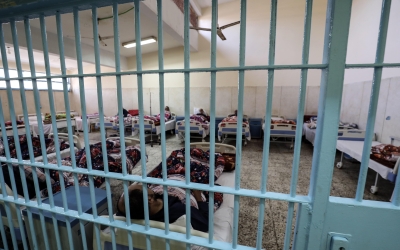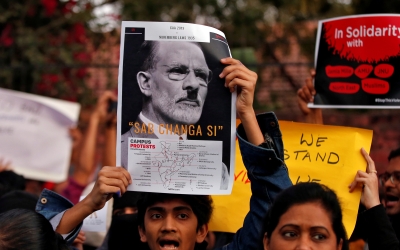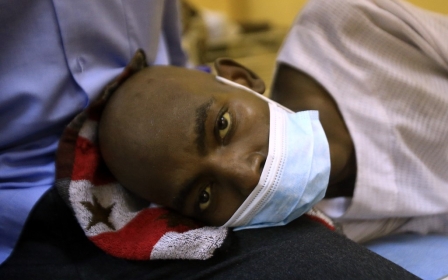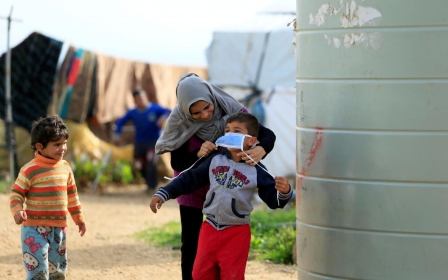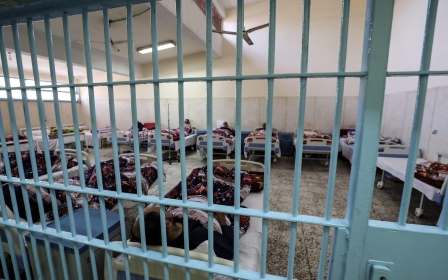US and rights groups warn religious minorities being blamed for coronavirus
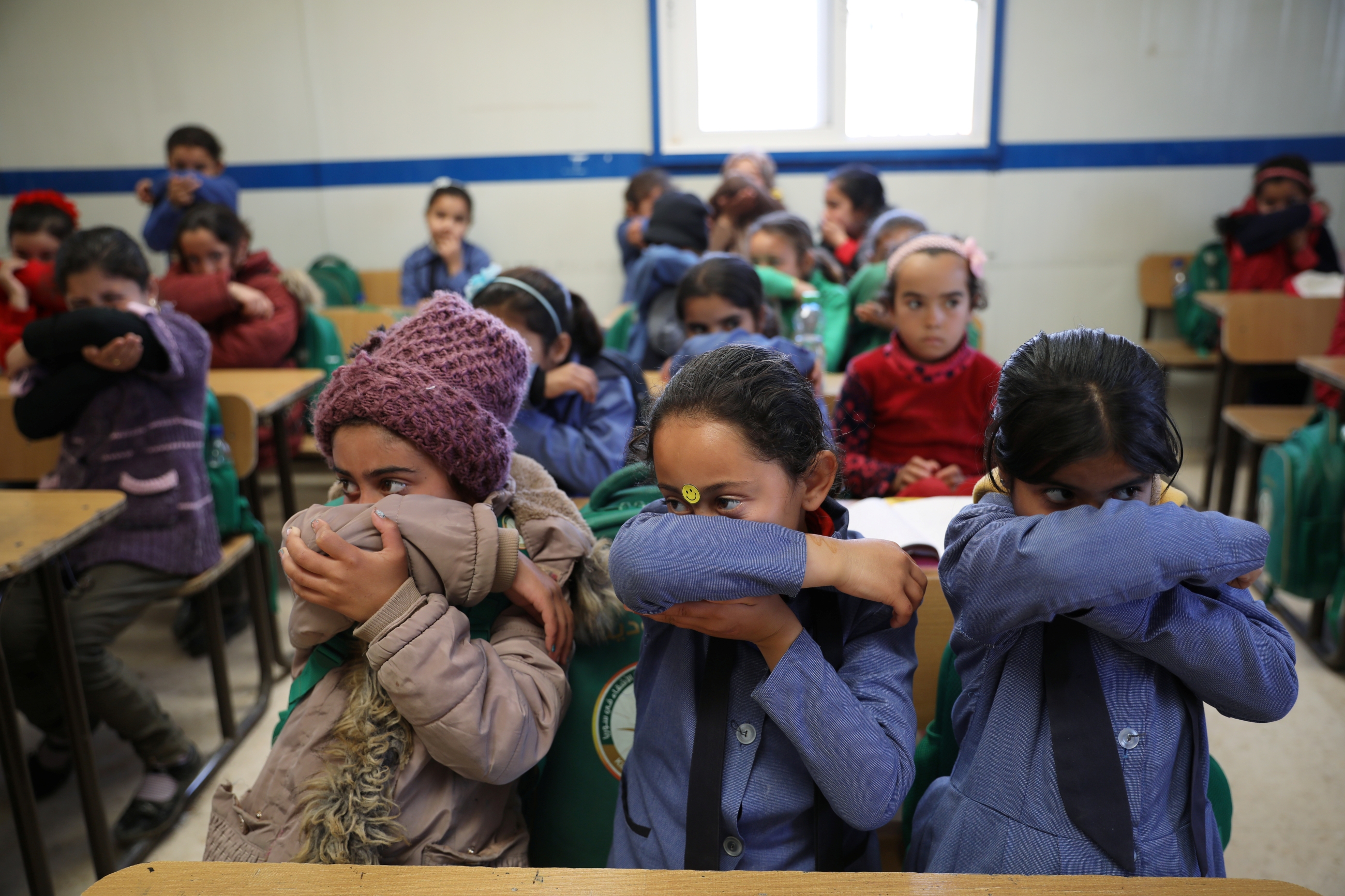
Governments need to act quickly to protect religious minorities around the world from prejudicial treatment over the coronavirus outbreak, a US official and international rights groups have warned.
Samuel Brownback, the US ambassador for religious rights, told reporters that his officials were tracking the blaming of religious minorities for the virus, in response to questions about Muslims being targeted in India.
"The governments really should put this down and state very clearly that this is not the source of the coronavirus. It's not the religious minority communities," Brownback said on Thursday.
The Armed Conflict Location & Event Data Project, which monitors violence around the world, has also warned that xenophobia and mob violence could be fuelled by coronavirus fears, citing examples of groups attacking people suspected of having the illness.
Amnesty International warned that forced cremations in Sri Lanka linked to the virus, which run counter to World Health Organisation guidelines allowing burials, are intentionally targeting the beliefs of Muslims who have faced increasing violence in the country.
The UN has also warned that governments should protect minority groups and decrease the numbers of people, including religious and political prisoners, in their jails.
"Covid-19 is not just a health issue; it can also be a virus that exacerbates xenophobia, hate and exclusion," said Fernand de Varennes, the UN's envoy on minority issues.
"The human rights of everyone, in particular of the most vulnerable and marginalized, must be protected."
'Religious prisoners should be released'
Brownback said religious prisoners in countries like Iran and China were especially at risk because of the spread of Covid-19.
"In this time of pandemic, religious prisoners should be released. We call on all governments around the world to do so," he said.
"They have not released a number of high-profile religious prisoners in Iran, and we call on them to release all of them."
Brownback also pointed out that China imprisons around a million Uyghur Muslims from its Xinjiang province as well as Christians and followers of Buddhism and the Falun Gong philosophy.
Minorities and marginalised groups living in crowded environments like refugee camps and informal settlements are considered at high risk if infections enter their communities, where it could potentially spread rapidly.
There are also fears that minority groups will be targeted more harshly by government policies aimed at containing the virus.
On Thursday, Human Rights Watch criticised Lebanese municipalities for imposing harsher curfews on Syrian refugees.
"There is no evidence that extra curfews for Syrian refugees will help limit the spread of Covid-19," said Nadia Hardman, the US-based group's refugee rights researcher.
"The coronavirus does not discriminate, and limiting the spread and impact of Covid-19 in Lebanon requires ensuring that everyone is able to access testing and treatment centres."
Middle East Eye delivers independent and unrivalled coverage and analysis of the Middle East, North Africa and beyond. To learn more about republishing this content and the associated fees, please fill out this form. More about MEE can be found here.


